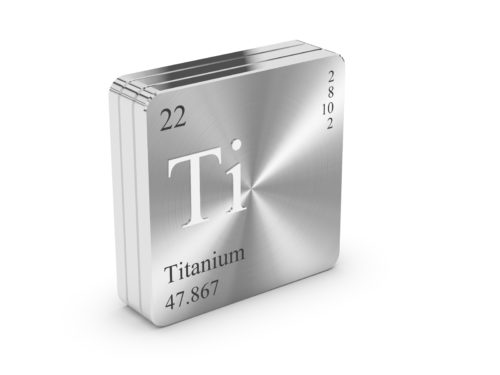 The history of titanium stretches way back to 1790s England, but it didn’t enter the manufacturing scene until the early 1900s. Titanium is the ninth most abundant element in the earth’s crust, and it exists in sphene, rutile, and related minerals. As strong as steel but only about half as heavy, titanium alloys are used extensively in the aerospace and automotive industries, not only for their light weight and ultimate tensile strength, but also because titanium is durable and not susceptible to corrosion. Titanium resists chemical reactions with chloride solutions and many types of acids. This versatile metal is also used for bone setting, artificial hips, and other medical implants for the human body.
The history of titanium stretches way back to 1790s England, but it didn’t enter the manufacturing scene until the early 1900s. Titanium is the ninth most abundant element in the earth’s crust, and it exists in sphene, rutile, and related minerals. As strong as steel but only about half as heavy, titanium alloys are used extensively in the aerospace and automotive industries, not only for their light weight and ultimate tensile strength, but also because titanium is durable and not susceptible to corrosion. Titanium resists chemical reactions with chloride solutions and many types of acids. This versatile metal is also used for bone setting, artificial hips, and other medical implants for the human body.
History of Titanium
Before it was called titanium, the metal was given the name gregorite after Reverend William Gregor, the pastor and amateur geologist who discovered it in Cornwall, England, in 1791. Gregor had been analyzing magnetic black sand in his free time when he became aware that he’d happened upon a new type of metal. Separately, a German chemist discovered the material a few years later. For its strength, he decided to call it titanium after the Titans of Greek mythology. It wasn’t until 1797 that the chemist realized his discovery was none other than Gregor’s gregorite.
It was another century before titanium was successfully isolated and we began incorporating it into the variety of products you can find it in today. In 1910, Matthew A. Hunter, a U.S. metallurgist, started generating titanium domestically, and it became prominent on the manufacturing scene. The metal found its place in the periodic table as element 22, and it’s useful in a wide range of industries due to its high strength, resistance to rust and corrosion, and compatibility with medical applications for the human body.
Titanium Applications
Titanium is popular in any situation where it’s important to maintain a high ratio of tensile strength to density, such as in space- and aircraft, cars, motorcycles, and naval vessels. It’s also valuable in these uses because it improves fuel efficiency, durability, and overall product safety. You’ll find titanium across the aerospace, industrial, oil and natural gas, medical, and architectural industries as well as in a variety of consumer goods, like grills, golf clubs, shafts for lacrosse sticks, tennis rackets, and framing for bicycles. It’s used in surgical instruments, implants, medical components, wheelchairs, crutches, and more.
Aluminum has a good strength-to-weight ratio, while stainless steel is heavier but stronger. When compared to stainless steel, titanium is equal in strength but lighter in weight. They’re both resistant to corrosion, with stainless steel having a chromium oxide layer and titanium a titanium nitride layer to safeguard against rust. When compared to aluminum, titanium weighs more but is two times as strong. Depending on the application, titanium is an ideal alternative for either metal.
Commercial titanium in its pure form maintains its integrity in high-temperature environments as hot as 572° F, due in equal parts to its strength and its creep and thermal resistance capabilities. Titanium, unlike aluminum, has the potential to cause a build-up of heat as it possesses low electrical and thermal conductivity.
Let’s look more closely at the uses for titanium in two major industries: aerospace and medical.
Titanium in Aerospace and Medical
In the aerospace industry, common uses for titanium include:
- Rotors
- Compression blades
- Hydraulic system components
- Armor plating
- Naval ships
- Spacecraft
- Missiles
- Structural parts
- Landing gear
- Helicopter exhaust ducts
The Grade 5 Titanium alloy or 6AL 4V (6% aluminum, 4% vanadium) is used in nearly 50% of all aircraft applications, from engines to frames, valued for its corrosion resistance, heat resistance, maintainability, and lightweight strength.
Titanium is biologically compatible with the human body, meaning that the body does not try to reject it. It also has the natural ability to integrate with the bones in the body to create a permanent structure. This makes it useful for a wide range of medical device components including medical and dental implants, medical instruments, and beauty supplies, such as:
- Heart valves
- Plates, pins, rods, and cages surgically implanted in the body
- Hip and knee replacements
- Needles, surgical tweezers, scissors, forceps, etc.
- Tooth implants
- Hearing aids
- Spinal fusion cages
Read more about the benefits of titanium in the medical space.
Ask Hudson Technologies About Your Titanium Needs
At Hudson Technologies, we work with titanium and other metals in a variety of manufacturing processes, serving the aerospace, defense, energy transition and storage, medical, semiconductor, and oil and gas industries. We offer customized solutions within our numerous capabilities:
- Deep drawing
- Shallow drawing
- Stamping
- Progressive die
- Forming
- CNC milling and lathes
- Wire EDM
- Wire, sinker, and hole punching
- Spot welding
- Spinning
- Surface grinding
Our experience with complex processes and green manufacturing gives you high-quality, cost-effective custom metal components in compliance with all international standards. We work with top-of-the-line tools and equipment and are committed to start-to-finish quality control and superior customer service. From prototypes to large production runs, our team will deliver what you need.
Request a quote, and you’ll hear from us within two business days with more information and pricing. We look forward to working with you on all your titanium needs.






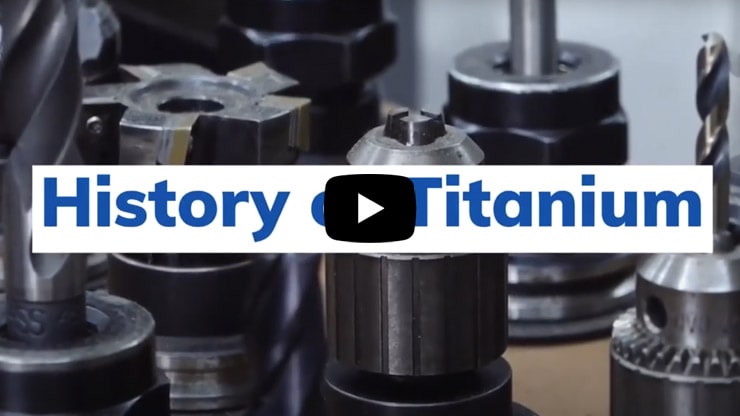
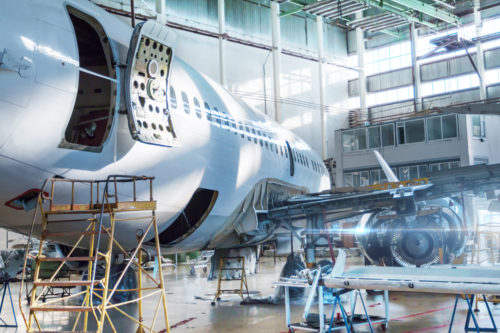
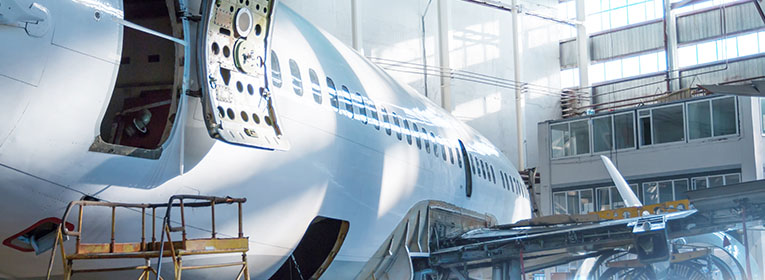
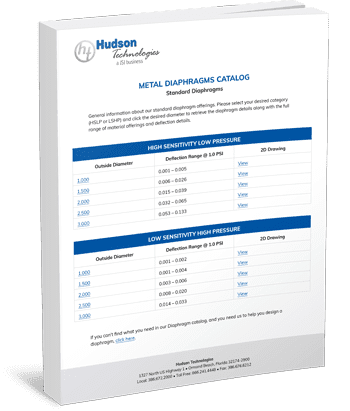

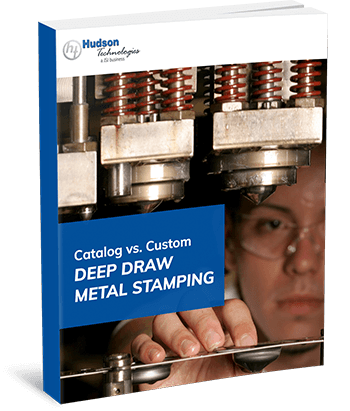
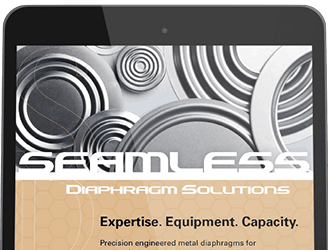

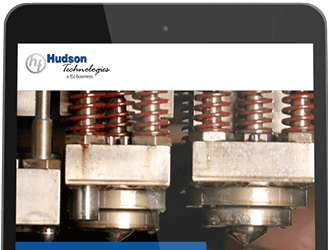






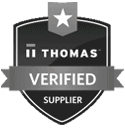

Leave a Reply